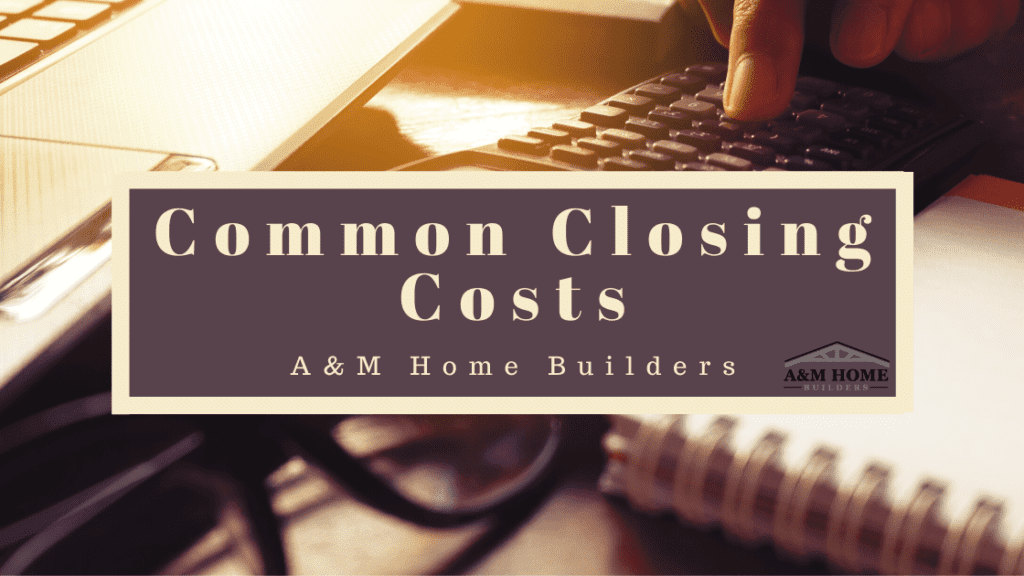Table of Content
Houzeo's closing cost estimaator is a free tool that buyers can use to get a close estimate of their settlement costs. It will give a better idea of the property they are buying in an official and legal capacity. Survey reports are sometimes also required by title companies to issue lenders’ title insurance.

Clever has already vetted agents in your area to find the best agents who will work for a discounted rate. Accounting for all the expenses involved in selling your home can get a little overwhelming, but the good news is you have options for keeping these costs manageable. Factoring in these transition costs ensures you have an accurate idea of how much it will cost to sell your current home and move into the next one. The buyer's agent and the listing agent each receive a commission, which they then have to split with their respective brokers. Having a quality home to sell is great, but it's also important to showcase your listing in a way that attracts serious buyers. Home prep includes things like repairing your home, cleaning it, and getting it ready to show to potential buyers.
Additional ways to save on selling costs
Find AgentsIf you don't love your Clever partner agent, you can request to meet with another, or shake hands and go a different direction. We offer this because we're confident you're going to love working with a Clever Partner Agent. Hiring professional movers for a local move costs about $117 per hour.
Clever will get proposals from the top agents in your area — and negotiate discounted rates of just $3K or 1%. Instead, you could negotiate a buyer credit that gives them the money to pay for the work themselves and saves you from having to pay two mortgages simultaneously. Try to resist additional expenses that don't get you a good investment on your time and money. For example, if a buyer wants significant renovations that will take extra time to complete, you could end up paying two mortgages while also paying for the work.
Additional closing costs for sellers
You get to pay less at the closing table and your seller gets a faster home sale. Make sure you understand how much your seller can contribute based on your loan type and request a concession. As the buyer, you get to choose which mortgage company you want to work with. Don’t be afraid to take some time to shop around for lenders.
Whatever the difference is between that total and your sale price is your actual profit on the home. Some agents include this in their services, but if they don't, you may still want to pay a professional to take some high-quality photos for your listing. This may cost a couple hundred dollars, but it could result in much more interest in your home and potentially better offers. The average cost to sell a house usually adds up to about 9.10% of the sale price. Below is a breakdown of some of the larger and more common expenses.
Third-party fees
In most states, title insurance costs 0.5 – 1% of the total value of your home loan. Local or county governments charge fees whenever a property changes hands. The seller is usually responsible for covering transfer taxes and recording fees. Sellers may have to pay fees to the county government, state government, both or neither – it all depends on your state. When you use an escrow account to hold funds, you can be sure that your buyer isn’t attempting to take your money and back out of the home sale.
Closing costs are due when you close on the sale of your home — the final step before you hand over the keys to the buyer. You will pay these fees when you and the buyer meet with the closing agent, title company and/or attorney to disburse the funds and sign the documents to complete the sale. When selling a house, you're responsible for the property taxes up to the time you close on the sale. You might have to pay capital gains taxif the house is an investment property. For a $350,000 purchase price, the real estate agent’s commission would come to $21,000. Buyers have the advantage of relying on sellers to pay real estate agent commissions.
The Bottom Line on Closing Costs
This helps them determine the loan amount and the loan-to-value ratio. The appraisal fee needs to be paid upfront as the appraiser needs to be compensated irrespective of whether the mortgage is approved. Closing costs are a set of expenses that the seller and the buyer must pay to finalize the real estate transaction and transfer the ownership of the house. The credit you offer them goes to cover some of their closing costs, effectively lowering the amount of cash they need to close on their house. If this was part of your deal-making, expect to see it as a line item on your closing. It’s typical that buyers have sellers cover this cost, which can range between $1,000 and $4,000.

Be sure to ask your lender about the specifics of your loan program. The closing process is a very important step in the homebuying experience. Who needs to be present during the proceedings will depend on your specific situation. Typically, you and the seller will be joined by your attorneys, the closing agent, the real estate agents, and the mortgage lender. Home inspections are typically paid in-person and are not included as part of your closing costs. Inspections typically cost between $300–$500, which varies based on the property and your local rates.
FHA and VA loans may also require you to pay an upfront fee for private mortgage insurance at closing in exchange for allowing you to have a lower down payment. Private mortgage insurance is typically included as part of your monthly loan payment. However, some loans will allow you to pay your private mortgage insurance upfront as a one-time fee at closing. It's up to you to decide if you want to pay more at closing or higher monthly mortgage payments.

From the moment you sign the loan until you make your first payment, you will owe some money for prepaid interest. The closer to the end of the month you close, the less you’ll have to pay. Learn more about how much closing costs are for your purchase below.

No comments:
Post a Comment